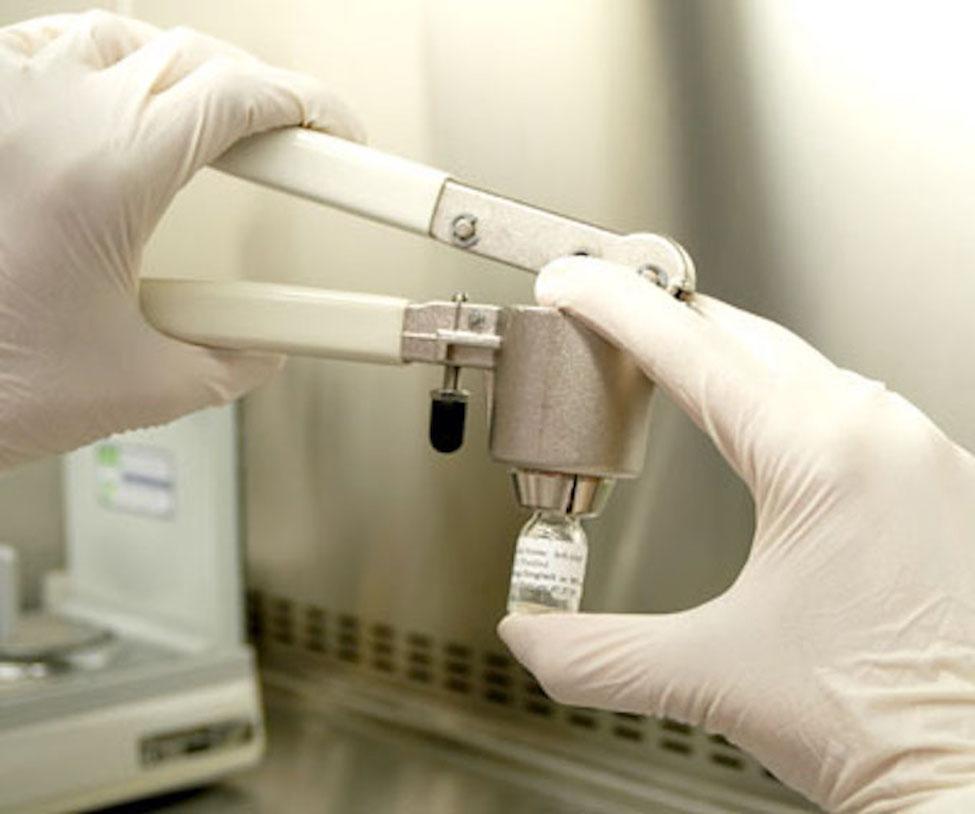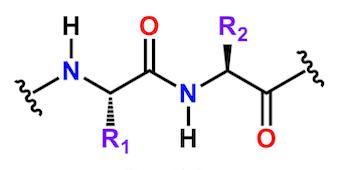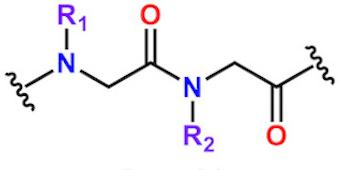-

The Peptide and Peptoid Synthesis Core provides comprehensive services for peptide & peptoid synthesis, purification, and characterization to research programs at the University of Pittsburgh and UPMC.
Mission

External requests for peptide & peptoid production may be considered. Peptide & peptoid synthesis is performed by:
Facility personnel are available for consultation with investigators regarding the design of peptides, estimates of yield, and considerations of purity requirements.
Current and potential customers please go to our iLab instance to track and/or request services.
Overview

Peptides can be produced at standard scales of 25umole (10-20mg), 50umole (20-50mg), 0.1mmole (50-100mg), 0.25mmole (100-200mg), and 0.50mmole (200mg plus), with actual yields dependent on peptide length and content. Automated peptide synthesis begins with chain elongation of the primary peptide sequence on polystyrene based solid supports (Solid Phase Peptide Synthesis). In addition, orthogonal de-protection strategies can be utilized either on-resin or in solution to incorporate a variety of peptide modifications in support of specific user requirements.

Peptoids are a class peptidomimetic compounds classified as poly N-substituted glycines which possess desirable chemical properties such as proteolytic resistance and the propensity to self-assemble into unique nanostructures. Automated peptoid synthesis can be performed on polystyrene based solid supports at either 0.1mmole or 0.25mmole scales with chain elongation occurring via substitution reactions utilizing user defined primary amine containing monomer units. Due to the large number of amine containing compounds commercially available virtually limitless combinations of peptoid sequences can be prepared and tailored to any research application.
